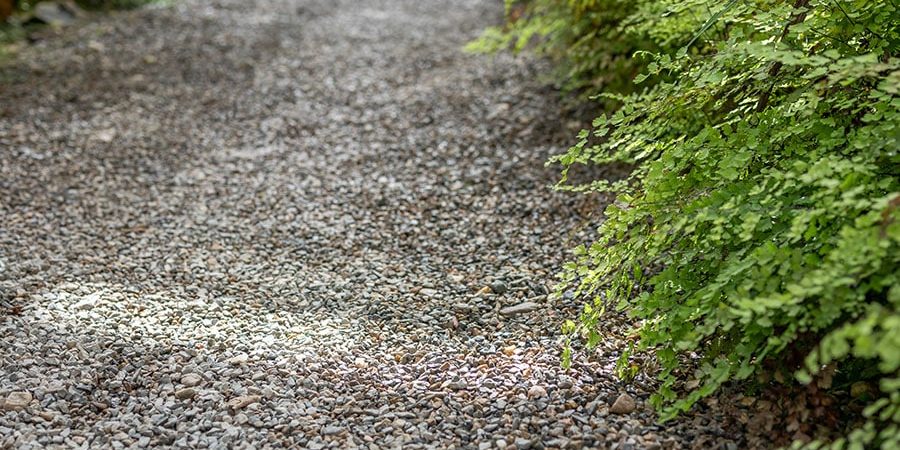Green driveways are not just better for the environment, they can also be cost-effective. There are many advantages to adding a green driveway to your home. Here’s a breakdown of what makes a driveway sustainable and how you can get started.
Benefits of a Green Driveway
Many driveways are made from asphalt or concrete, both of which are impermeable. Water is unable to pass through the materials and ends up causing flooding and pooling. Water damage and flooding issues are common with these types of driveways.
Adding an environmentally friendly driveway to your home will prevent these issues.
Green driveways also tend to last longer than asphalt or concrete driveways. Given they are composed of more natural materials, they are not prone to cracking or chipping. To prevent any damage or inconvenience, many homeowners add green driveways instead.
Green driveways are also much better for the environment. The materials are lighter and easier to ship, reducing your driveway’s carbon footprint. They create more natural irrigation, creating a lasting balance between your home and the environment.
What Makes a Driveway Sustainable?
Green driveways are made of sustainable and permeable materials. Sustainable driveways work the same way natural ground surfaces do, letting water pass through to refill groundwater and restore the water table.
Sustainable driveways prevent water from building up on the surface during storms and heavy rainfall. This allows constant access to your driveway while also preventing erosion and flooding.
Different Green Options For A Sustainable Driveway
Local Gravel
Local gravel is a great option for your sustainable driveway. Gravel is one of the more permeable natural materials, making it a very eco-friendly option for your driveway.
Gravel is also able to be sourced locally, preventing any negative environmental impacts from transporting your materials. Purchasing local materials can also help boost your community’s economy. Using local gravel is relatively cheap, and it can help you save on shipping costs.
Crushed Beach Shells
Crushed beach shells can be a fun and interesting option for your green driveway. Seashells are sourced from beaches and crushed into smaller pieces to create a durable driveway material. Per your preference, you can either use a finely crushed mixture or one that maintains some visible seashells.
Bech shells are actually very-eco friendly. Over time, they break down into nutrients that benefit plant life.
Porous Concrete
If you want to keep the look of a traditional driveway, porous concrete may be a good option. It reduces runoff and water build-up but looks and feels like concrete.
Porous concrete might be a good option for eco-friendly homeowners who have an HOA. If your HOA prefers asphalt driveways, porous asphalt is also an option.
Sandstone Bricks
Sandstone bricks are permeable pavers that create durable and aesthetically pleasing driveways. If you’re looking to create extra strength in your driveway while maintaining your home’s curb appeal, consider laying sandstone bricks.
Sandstone and other natural stone pavers can be cut and shaped into whatever pattern you want. It’s a customizable and eco-friendly option.
Choosing the Right Materials for You
Cost
Your green driveway cost will be heavily impacted by what materials you choose to use. Typically, you can expect to spend between $4.50 and $8 per square foot on your permeable driveway.
If the soil needs to be treated first to add stability, expect an additional $2-$3 per square foot.
Installation
Some materials are easier to install than others. Your choice of material might also depend on how much time and money you’re willing to spend on installation. For example, pouring gravel usually involves less labor than laying stone pavers.
Long-Term Maintenance
Some materials also require more frequent maintenance than others. Gravel driveways, for instance, may need to be resealed every few years.
Need more advice on how to construct your dream green driveway? Call us at 888-897-2224.
